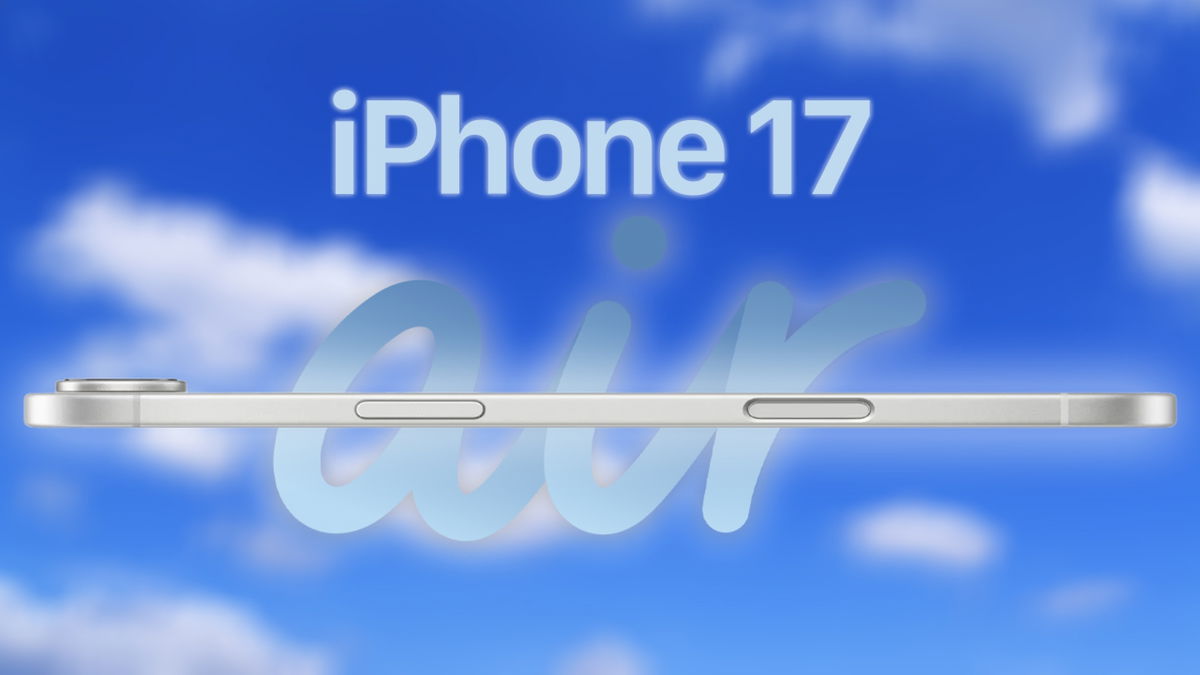Just like when we lose or have our iPhone stolen, we can locate and even lock a lost Mac. This is what Rob Graham did, who said a few weeks ago and X (Twitter) are traumatic experience trying to recover a MacBook who was left on a plane.
In Graham’s thread, which went viral within hours and currently has nearly 35 million impressions, he recounts in detail what happened, revealing a major failure due to which you could have lost your MacBook forever. And we already told you, this story does not have a happy ending. Not at least to our knowledge.
From the airport to a suspicious market
This is not a common oversight, but ultimately it is an understandable human failure. Rob Graham begins his story by telling how he left his MacBook lost on the plane. He realized it a few minutes after disembarking, and it was at that moment He located it in a relatively close marketsouth of the American city of Atlanta.
Throughout the following day and as if it were a persecution thriller, the person concerned told everything on the social network. It is not in vain that it had already become a viral thread to the point that the Atlanta police themselves contacted him, but without success, since neither the officer who wrote to him nor he himself knew how to handle this matter.
What Graham did was go to this flea market where, according to the “Search” app on his iPhone, his MacBook was still there. It was suspected that it had been sold to a thrift store and that they were reselling it.. This is a practice that Apple makes difficult, as the person concerned himself acknowledges. In fact, many stores are aware of this, although despite everyth ing, there are still some who buy stolen equipment. However, he was unable to locate it.
The “Search” app is no longer useful, so another locator was needed
Graham’s MacBook still showed a previous location on the market, but hadn’t been updated in hours. The suspicion he had was that the MacBook would shut down completely or run out of battery. As with the iPhone, this would not be an obstacle to finding it, since they are able to send the position through another Apple device located nearby, using it as a beacon.


This is where Rob Graham found his MacBook
However, it appears that Graham’s MacBook had no other device nearby to use and so the native Apple app became useless at this point. That’s when the action changed and I tried to locate it with a Bluetooth tracker. He didn’t specify much about it beyond the fact that it is an accessory capable of locating other terminals with Bluetooth and even emit sound signals when they are nearby .
The problem is that I was saying all this in real time.. This could have been his big mistake and one that he himself acknowledges in the thread. We believe this because, just as it was about to locate the MacBook with this Bluetooth tracker, it suddenly lost the signal. The computer was probably placed in a Faraday box, the materials of which are completely insulating from electromagnetic signals and therefore leave the MacBook secret from receiving and transmitting signals perceptible from the outside.
During his research, Graham also spoke to market traders and strongly suspects that one of them kept his MacBook, either to resell it or for his own use. However, he also attributes the virality of his thread to the fact that no one confessed. Perhaps for fear of reprisals, believes the person concerned, although she also confirms that she would not have taken any legal or other measures. “I just want my laptop back,” he said.
Without a happy ending and a problem that the authorities can’t solve
All these events took place on March 30, one day after the disaster. Graham’s last tweets on this topic were on the 31st, being responses to users and in no way an update on the case (whether for better or worse).
We don’t know if he would end up getting the MacBook back or not, but it sure doesn’t look like it. Officially, his last statement was made on the 30th. He claimed to know the exact location of the computer, although police were unhelpful.
The tools offered by Apple and other companies for locating stolen devices are becoming more and more effective. However, it seems that in many cases they are relegated to the user knowing the location and finding life on their own. From the close experiences that have reached the ears of this server, we can attest that the police do nothing, this also happens in USA.
Once the registration procedure is opened, it is very likely that the stolen device is already very far from the location
It is possible to report and it is even recommended to do so. However, police action is certainly limited when the location of the device is in a private place, requiring the opening of another private complaint with the owner of the same and, upon court decision, a search to find the lost product. And obviously at this stage, it is very likely that the lost (or rather stolen at this stage) device is far from being there.
We know of some cases with a happier ending, like that of a Miami family who found their stolen luggage using an AirTag. However, we have already said that ultimately it is not the most common.
Cover image | Generated with DALL-E 3 and Photoshop
In Applesfera | The new iPhone anti-theft feature is even better with iOS 17.4: here’s how to configure it
In Applesfera | Apple AirTag VS GPS locators: what are the differences and which one to choose based on use and needs











